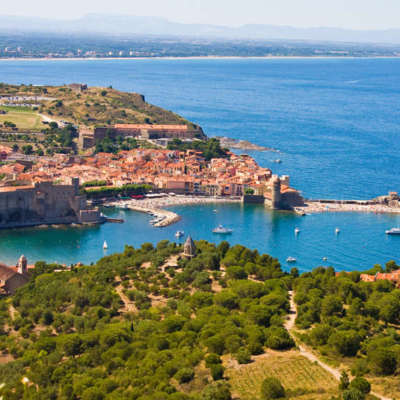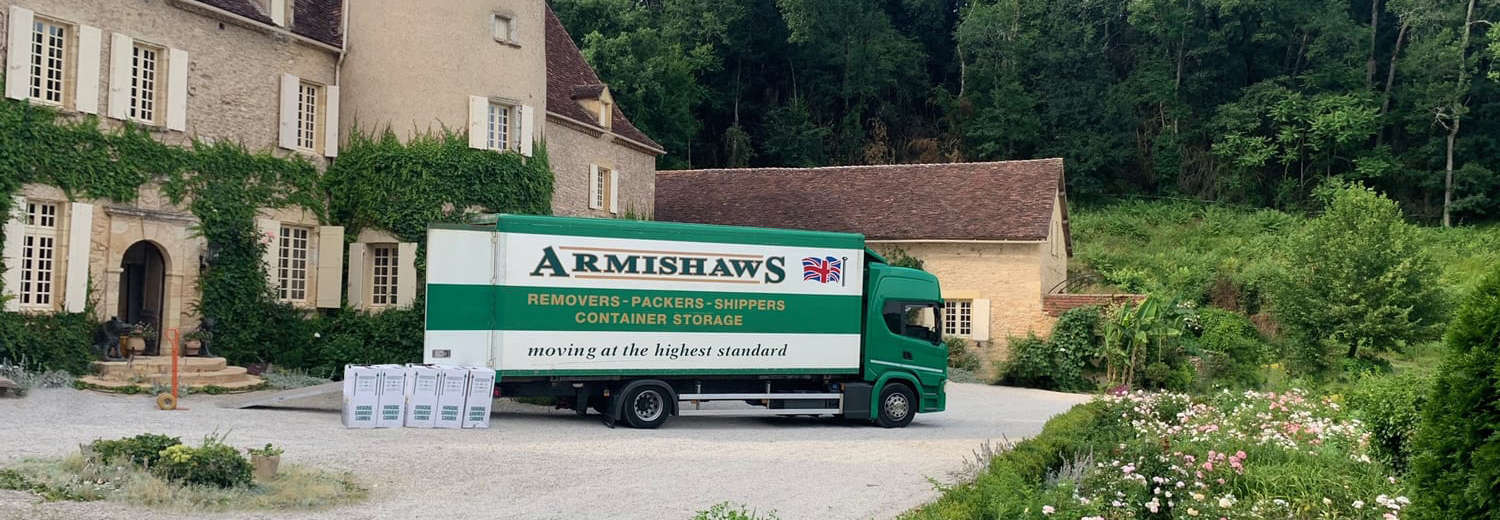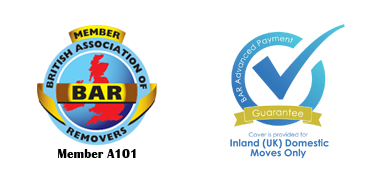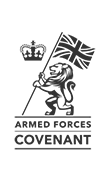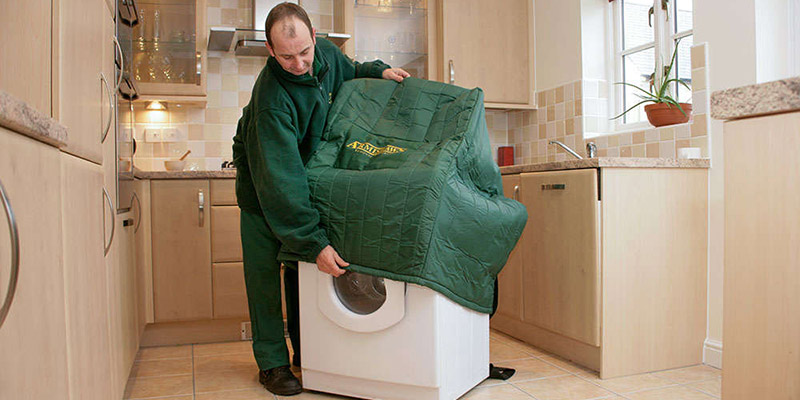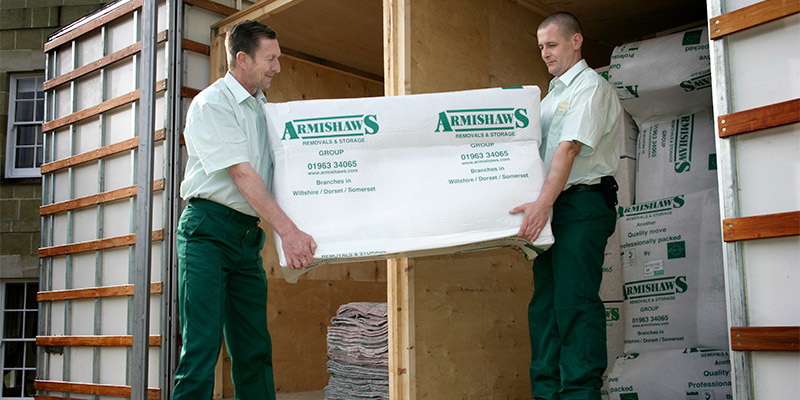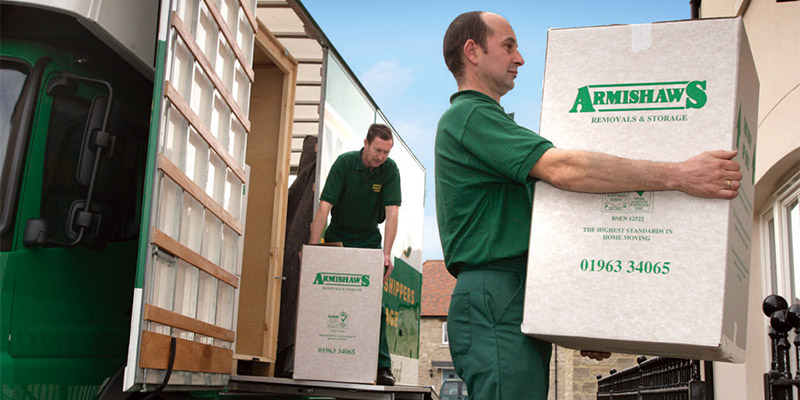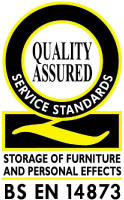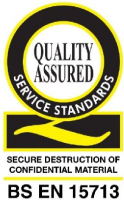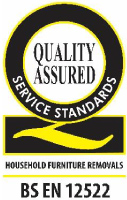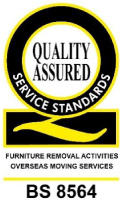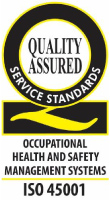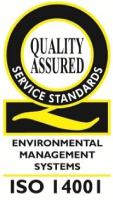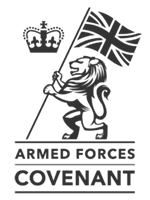GET A QUICK, FREE QUOTE
Rated 'Excellent'
on Trustpilot
ECMT International
Removals Permit
British Association
of Removers
Eco Friendly
Removals
Moving To France Made Easy
Forms & Declarations
For most people moving to France, the biggest concern is dealing with customs, visas, forms, declarations… With Armishaws you’ll be assigned a dedicated Removal Coordinator to guide you through the process from start to finish.
Including…
- Customs Declarations
- Carte de Resident
- VLS-TS (long stay visa)
- Detailed Inventory
We’ll remove the worries from your big move.
Our Removals Service Includes…
Worry-free removals, to and from France.
Call Us On +441963 34065
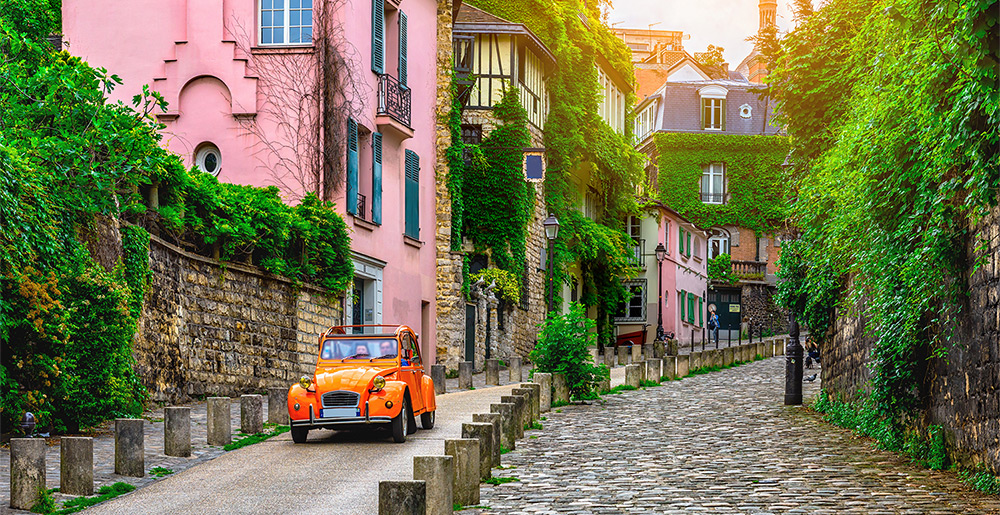
How to find the right company for your move…
Like any service or company, finding the right fit for you really can make all the difference. With the UK having left the EU, moving to France or back to the UK has become more difficult. To ensure a smooth, worry-free relocation we always advise choosing an international certified removals company. Armishaws have a huge network of French port agents, plus our experienced teams and Removals Coordinators offer a wealth of knowledge to guide you through all the paperwork and complexities involved with overseas removals.
Simple Tips
- Do your research, check out your removal company’s international accreditation.
- Check review sites like Trustpilot so see what real people have to say about their service.
- Ask questions, it’s the best way to ensure you get the right move for you.
- Ensure there are no hidden extras, mileage, visas, storage, etc should all be included.
- Decide exactly what services (packing, storage, help with paperwork) you need in advance.
Optional Services
Packing Services
Complete packing services from single items to entire contents.
Storage
Short and long term secured storage, we’ll deliver your items.
Packing Boxes
Environmentally friendly packing materials, brought to your door.
8 Weird France Facts
- Snap Happy
The camera phone was invented in France. In 1997 Parisian Philippe Kahn created the first phone to also have a camera function. The first snap he took was of his new-born daughter which he then sent to Family and friends. The French also invented tin cans, air balloons and the hair dryer. - Luck In Loaf
Strangely it’s unlucky to carry a baguette upside down. The origins of the superstition are said to be linked to executions (the French have a strong history of removing heads!). The story revolves around an executioner in the Middle Ages who would call in at the bakers and ask him to save a baguette which the baker would turn upside down. Since then, the site of an upturned French stick has been considered a harbinger of bad events and misfortune. Don’t say we didn’t warn you! - Not French!
It should only be whispered on the streets of Paris for fear of revolution, but the mighty croissant isn’t French. It was actually invented in Vienna, Austria in the 13th century. The kipferl was slightly denser but still a morning pastry. However it was the French that really took it to their hearts and made it a daily staple. - Good Food
France is known for its love of good food, but they also do good with food. In 2016 it became illegal for supermarkets to throw good food away, instead any edible food due to be destroyed or disposed of must be donated to food banks or other services. - A Glass Act
The French consume an estimated 11.2 billion glasses of wine every year! The country still considers itself the wine capital of the world and wine accounts for nearly 60% of the nation’s alcohol consumption. - Not Very Romantic
Yes, we’re treading delicately over a number of French stereotypes, but the country might not be as romantic as you think. In 1910 the government made it illegal to kiss on train platforms. Lovers had to settle for a hearty handshake or a wave as it was thought kissing couples were holding up trains and causing delays and platform congestion. Thankfully the law has long since been repealed, so you can pucker up without fear of penalty. - Spud U Hike!
Potatoes were once told to take a walk and also made illegal. Considered only suitable as pig food, it was thought they caused leprosy and so the humble ‘pomme de terre’ was banned in 1748. This law was also overturned and eventually French fries were born. Vive la Fries! - The Awful Tower
One of the world’s most iconic structures, the Eifel Tower was despised by some Parisians. Built in 1889 when Paris hosted the World Exhibition, it was created as a symbol of the nation’s prowess in design and technology. However, it was supposed to only be a temporary structure, designed to last just 20 years. Paris locals protested against it and demanded it be pulled down. It’s now one of the nation’s most popular attractions.
Find Your Location
I’m moving to…
Can’t see your location? That’s no problem, give our friendly team a call and we’ll be happy to help.
Call us on +441963 34065
Moving to France – More Useful Information
- France has a variety of landscapes from the coastal plains in the north and west to the mountain range of the Alps on the south-east.
- Mont Blanc is the highest point in western Europe and sits close to the Italian border.
- It is the largest nation in the EU covering a whopping 547,000 square kilometres with 3,427 kilometres of coastline.
- There are French territories across the world including the Atlantic and Caribbean Sea.
- The weather is hugely diverse, from the ski resorts of the Alps to the sandy beaches of Nice and Cannes.
- The school year starts in September, and finishes for the long summer holidays in July.
- The school week is 24 hours long.
- The school day hours vary between regions but is generally 08:30-16:30 with two breaks.
- Mothers’ help, crèches, kindergartens and nursery schools fall outside the official school system.
- École Maternelle is comparable with nursery school or kindergarten in anglophone countries. While not compulsory it is considered essential in preparing a child for school.
- Children who are two at the rentrée – the start of the new school year in September – are accepted provided they are sufficiently mature and “socialised”.
- École élémentaire is the equivalent of primary, junior or elementary school in anglophone countries. For ages 6 to 11, these deliver the beginning of compulsory education.
- Secondary education is broken into two phases – college (11 to 15) and lycee (15 to 18).
- As with the elementary schools, registeration must be made at the local Mairie by June, or sooner if a child is to be schooled outside of the commune of residence.
- Drive on the right in France.
- It is compulsory to wear a seat belt front and rear.
- Mobile phones may not be used while driving; a “hands free” system is allowed.
- It is compulsory to carry a driving licence, car registration papers and insurance documents. These must be the original documents; keep copies separately.
- By law, one red warning triangle and one high-visibility waistcoat/vest must be carried in a vehicle per occupant.
- Bicycles are allowed to turn right on a red light, where signs allow.
- The drink driving limit is 0.5 grams per litre.
- Vehicle tax is not required for privately-used cars.
- French health insurance (sécurité sociale) has traditionally been available to everyone resident in France.
- This includes: French national or foreigner, whether salaried, working as an independent artisan or professional, unemployed or retired.
- Most qualify for the state health insurance (sécurité sociale).
- Expatriates who have come to live in France need to prove their income to CPAM (French Health Insurance Advice Line). This is can done with a French tax return.
- To join French social security – visit a local CPAM office – or arrange a meeting with a Social Security officer making a regular visit to the local Mairie – and ask for affiliation.
- Once affiliated to the social security system, a Carte Vitale (green card) is issued – it gives evidence of membership and rights to French health insurance – an affiliation to CPAM.
- The number to call for emergency services is 112.
- CNAM – French Health Service English-language service – Tel 08 20 90 42 12.
- Foreigners in France will find English-speaking general practitioners, dentists and opticians in most large cities.
- To help find a job visit the Pole Emploi (Job Centre), which can be found in every town. To find out more, ring 00 33 1778 63949.
- In France, the legal length of the working week is 35 hours in all types of companies. The working day may not exceed 10 hours.
- Furthermore, employees may not work for more than 4½ hours without a break.
- Workers are then entitled to two-and-a half working days’ leave for each month worked, i.e. five weeks of paid leave per year worked.
- Maternity leave – 16 weeks per child.
Find Your Location
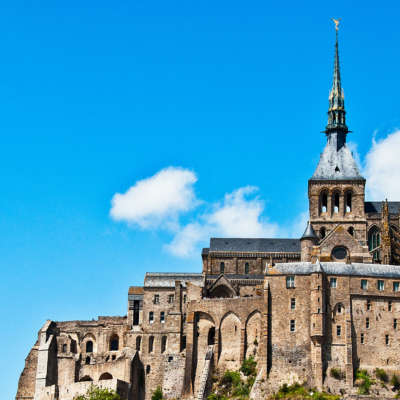
Normandy
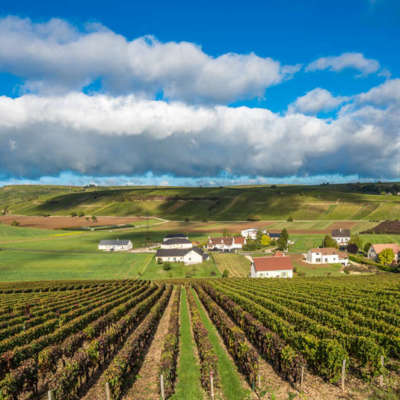
Loire
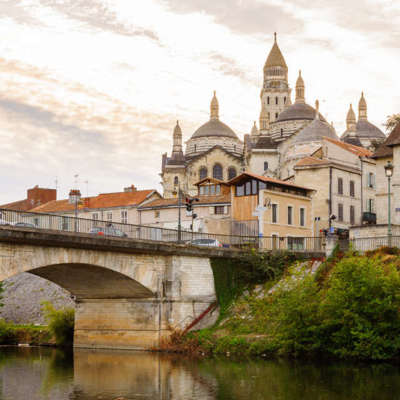
Dordogne
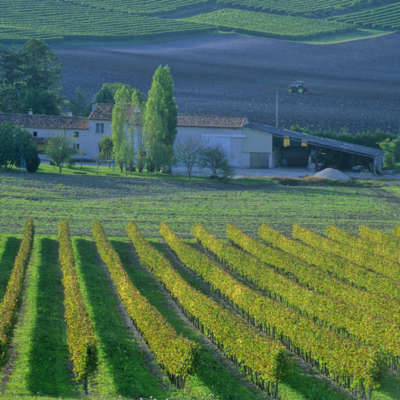
Charente

Lot
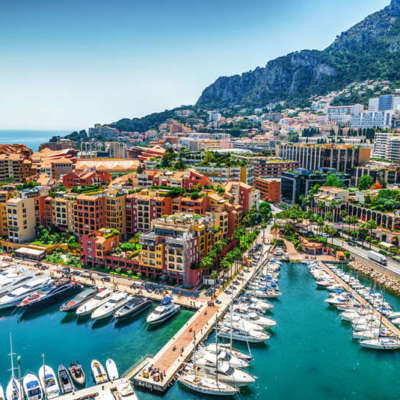
Alpes-Maritimes
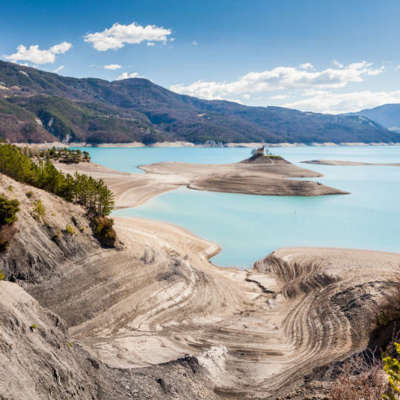
Alpes-de-Haute-Provence
